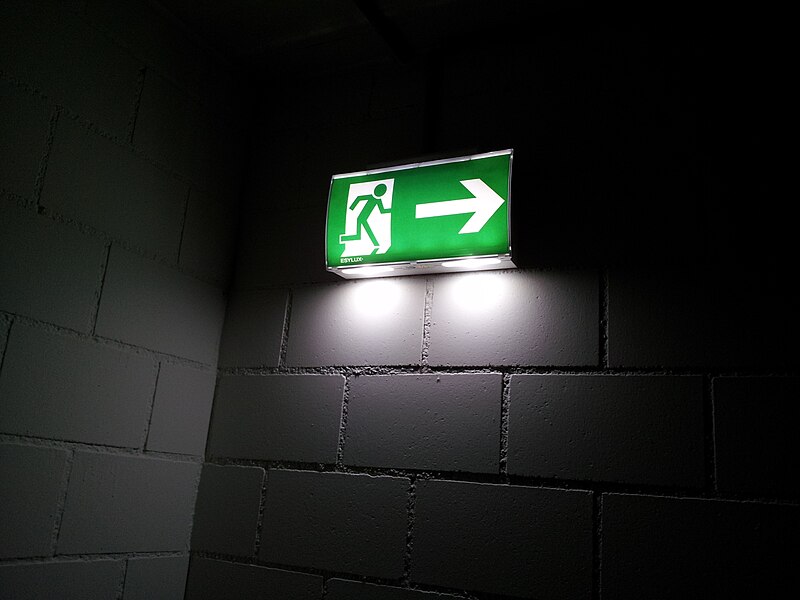There are times when I want to walk out the door, slam it shut and start over. When the girls are fighting and won’t listen to reason or ask for help; dinner is burning and the baby is wrapped around my legs shrieking to be picked up; I have work to do and the phone is ringing. I’m tired because I’ve been up in the night and irritable because I had an argument with one of the children this morning. Whatever it is, there are times when I think, “I have to get away!”
Even when my first child was a baby and she screamed incessantly for hours I sometimes planned my escape. In my imagination I gently placed the puce child in her cot/crib, tip-toed out of the room, down the stairs and exited the house in my dressing gown and slippers and drove away in the car. When she cried I felt helpless to relieve her screams; nothing I seemed to do made her stop crying; I did all I could to comfort her and still it was not enough. I felt as though I was failing the exam that was motherhood.
It is self-evident that I have never followed through on these imaginings, and I know that I never will. These thoughts are an expression of my own unhappiness at the situation. I want to escape because I am helpless: leaving seems to be the only choice and if I can make a choice then I am powerful again.
I find it difficult not to shrink from these most difficult moments in my life. I would argue that most of us would rather pleasure than pain. If given a choice, happiness is first on most peoples’ list of what they want– sadness is probably last! No one wants to be confronted with with their own helplessness in the face of strife. We want to feel capable and competent; we want our children to be happy; we want peace and joy. This is one of the reasons parenting is such a difficult endeavour– each day we are faced with our own trial-and-error ineptitude and the inevitable uncertainty that comes with sharing our lives with a person who is still in the development phase!
Patanjali’s fourth obstacle to a quiet mind is dvesa or aversion. When we fall into the trap of dvesa, we seek to escape from something that we dislike or something that makes us uncomfortable. Over time we come to detest the thing that causes us aversion. Aversion can become hatred.
Seeing the effect of aversion on parenting isn’t straightforward. I want to escape from my baby’s crying, but I have never hated her. I want to run in the opposite direction when my children start to fight, but I don’t hate them. But if I look at it differently, I see this: I hate the crying; I hate the fighting. I hate two things that I am powerless (in some cases) to stop. I hate something that is part of a normal, everyday family life. I want to escape from something that is inescapable. And there it is: how can I have a quiet mind when I am trying to escape the inescapable?
There is a simple wisdom in accepting that there is no escape from the ups and downs of life. Some moments will be pregnant with joy and peace, while others will be rent with fighting and crying. These are part of the natural fabric of daily family life. To try to escape from this normality is to attempt to build a Potempkin village out of one’s own life. A life without conflict, unhappiness, anger and the expression of ‘negative’ emotions is a life of artifice.
So today I ask, is it possible to embrace all that this life is without seeking to escape from those aspects of it that make me so uncomfortable? Can I be in the here and now without planning my escape? Fully inhabiting this moment brings the refreshment of acceptance. Instead of dwelling on what could be or what might have been, my acceptance of this moment awakens me to the now and I experience life in living colour…
…even if those colours sometimes make me want to pull my hair out.
Photocredit: Wikimedia Commons. By Megalesius (Own work) [CC-BY-SA-3.0 (www.creativecommons.org/licenses/by-sa/3.0)], via Wikimedia Commons
Comments are closed